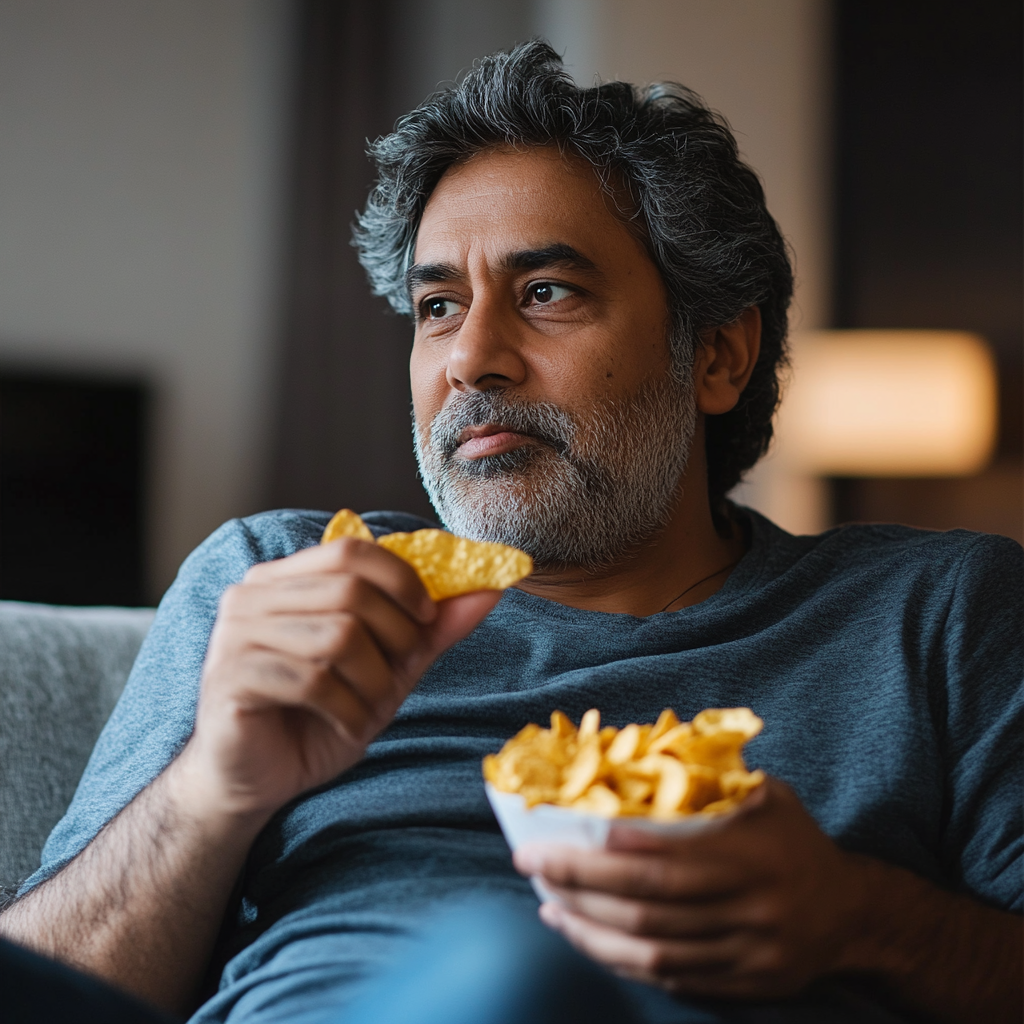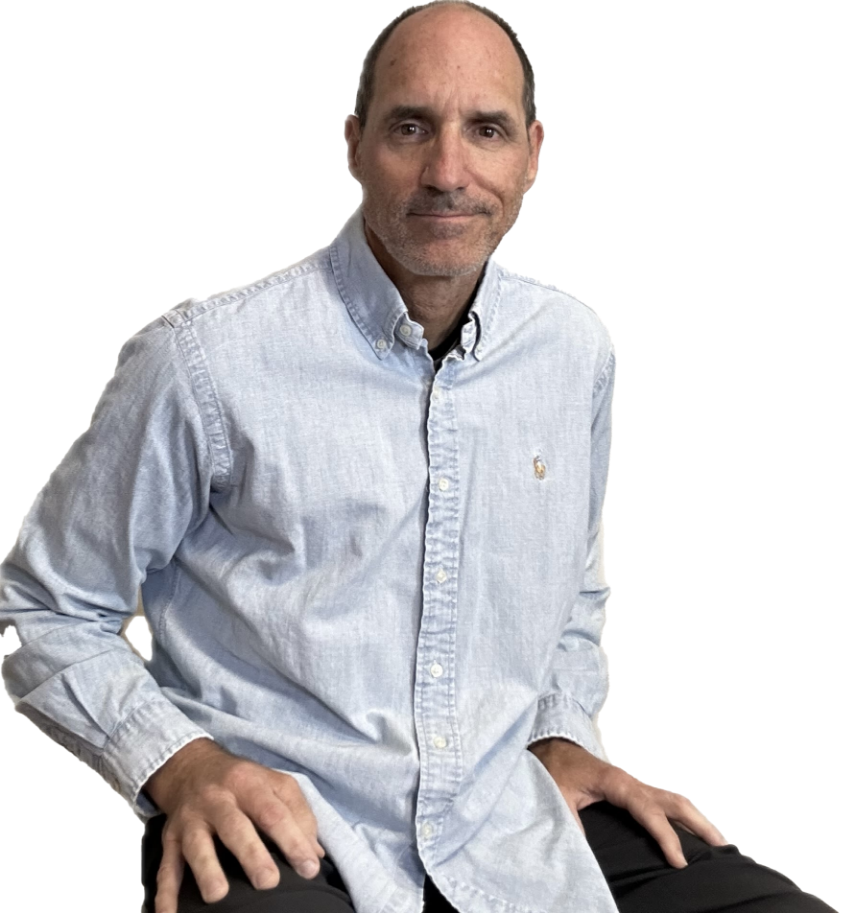As humans, we’re naturally inclined to seek pleasure and avoid pain—this is a fundamental part of how our brains function and often influences our everyday decisions. Whether it’s grabbing a sugary snack or skipping a workout, we tend to choose what’s easy and feels good in the moment. Unfortunately, this habit of prioritizing immediate gratification over long-term health is taking a toll on us. Currently, 74% of Americans are overweight or obese, a nearly 33% increase over the past 30 years. For American adults, almost 60% of the calories we consume come from ultra-processed foods that are high in calories from salt, oil, sugar, and other unhealthy additives, yet low in nutritional value. Sadly, this number rises to 70% for children. We need to do better. But how?

What if I told you that by making a small shift in mindset—by choosing to do things that are initially a bit challenging—you could unlock a life filled with greater pleasure, more energy, and better health in the long run? You have the power of choice.
Let’s explore this idea of pleasure and pain, and how a small change today can lead to a healthier, happier tomorrow.
The Short-Term Pleasure Trap
It’s no secret that many of us enjoy indulging in short-term pleasures. After a long day, it’s tempting to sink into the couch with a bag of chips and binge-watch a TV series. In the moment, this feels great—it’s comforting, it’s easy, and it’s enjoyable. Similarly, grabbing fast food on a busy day or skipping a workout because it seems too daunting are choices that provide immediate gratification.

However, while these actions may bring short-term pleasure, they often lead to long-term pain. Over time, consistently choosing the path of least resistance can result in serious health issues like obesity, diabetes, heart disease, and hypertension. It’s a classic case of enjoying the “pleasure” now but paying for it later with “pain.”
The Long-Term Pleasure Shift
What if we could flip the script? Imagine focusing on doing small things that might feel a little uncomfortable initially but lead to much greater pleasure over time.

Starting an exercise routine, for instance, or committing to eating more whole, nutritious foods may require some effort and discomfort upfront. But the benefits—more energy, improved fitness, increased self-confidence, and overall better health—far outweigh the initial struggle.

Think of it like planting a seed. The act of planting might require digging, bending, and getting your hands dirty, but the joy of watching that seed grow into a beautiful plant is worth the initial discomfort. In the same way, embracing small, initially uncomfortable changes can lead to a harvest of health, vitality, and long-term pleasure.
Betty and Bonnie: Stories of Success
Let’s consider the stories of Betty and Bonnie, two women who decided to make small changes and are now reaping the benefits.
Betty’s Story:
Betty was a 55-year-old grandmother who felt winded every time she tried to play with her grandkids. She loved them dearly but found herself saying “no” to their requests to run around the park or play tag. She realized that her sedentary lifestyle and poor eating habits were holding her back from enjoying precious moments with her family.
Betty decided to make a small change—she started walking for just 10 minutes every day and swapped her afternoon soda for water.

At first, it was tough. Her muscles ached, and she missed her sugary drinks. But slowly, she started to notice a difference. Her energy increased, she began to lose weight, and most importantly, she could keep up with her grandkids. Now, Betty looks forward to their visits and even leads the charge in their adventures. Her initial discomfort has led to years of pleasure and bonding with her family.
Bonnie’s Story:
Bonnie, at 38, was always tired and found herself relying on coffee and sugary snacks to get through the day. She noticed her clothes were getting tighter, and a recent doctor’s visit revealed her cholesterol and blood sugar levels were climbing into dangerous territory. She was terrified but determined to make a change.
Bonnie decided to take small steps toward healthier eating and incorporate more movement into her day. She started by preparing a nutritious breakfast every morning and committed to a 15-minute stretch routine after work.

It wasn’t easy—she missed her quick fixes and had to push through moments of temptation. But gradually, she felt more energized, her sleep improved, and she started feeling more confident in her skin. Today, Bonnie enjoys hiking, something she never imagined she could do, and feels more alive than ever. Her decision to embrace small, uncomfortable changes has unlocked a new, healthier chapter in her life.
The Call to Action: Choose Your Small Change
Now, it’s your turn. You have agency here. As humans, we naturally seek pleasure and avoid pain. But by shifting our mindset to focus on the long-term rewards, we can find far more joy and satisfaction. Take a moment to reflect on one small, positive change you could make today. Maybe it’s taking a 10-minute walk, swapping out a sugary drink for water, or adding a serving of vegetables to your dinner.
Remember, it’s not about perfection—it’s about progress. Every small step you take toward better health today will lead to more pleasure and less pain in the future. So, what will you choose today for a healthier, happier tomorrow?
Let’s embrace the challenge and look forward to the joy and pleasure it will bring!

Mike Thomas is a registered pharmacist and a board certified health coach. He helps busy professionals who struggle with low energy, high stress and chronic pain.
This blog is for educational and informational purposes only and solely as a self-help tool for your own use. I am not providing medical, psychological, or nutrition therapy advice. You should not use this information to diagnose or treat any health problems or illnesses without consulting your own medical practitioner. Always seek the advice of your own medical practitioner and/or mental health provider about your specific health situation. For my full Disclaimer, please go to CoachMikeThomas.com.
